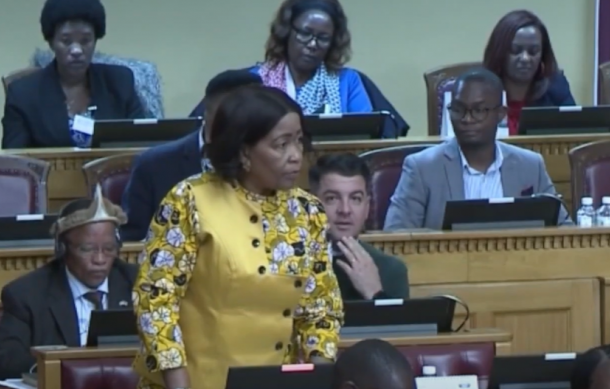
The government has allocated N$2.56 billion to the Ministry of Agriculture, Fisheries, Water and Land Reform for the 2025/2026 financial year. The funds will be used to boost agricultural output, improve access to land, and strengthen water management systems – all aimed at improving food security and protecting the country's natural resources.
The budget includes 80% for operational expenses, which cover the day-to-day running of the ministry.
These are provisions of services to farmers, managing fisheries, and supporting veterinary care.
20% of the budget is allocated for development projects to improve the country's agricultural infrastructure and land management.
Agriculture plays a critical role in Namibia's economy, supporting the livelihoods of around 70% of the population, especially in rural areas.
However, the country faces challenges due to its dry climate, frequent droughts, and the impacts of climate change.
These conditions affect crop and livestock production, making it harder to achieve food self-sufficiency.
Despite these challenges, the ministry has been working hard to improve animal health, protect crops from pests, and encourage the use of climate-smart farming methods.
For example, in the last financial year, the ministry conducted vaccination campaigns for over 500,000 cattle to prevent diseases such as foot and mouth disease.
Adding to that, efforts to develop green schemes for irrigation and promote sustainable fishing practices are ongoing.
The ministry's focus is not only on improving food production but also on creating job opportunities in the agricultural sector and ensuring that Namibia can produce enough food for its population without relying too much on imports.
The recent rains have also brought some relief, replenishing water sources and improving conditions for farmers.
The minister of agriculture emphasised the need for climate-resilient agricultural practices and the continued support for the country's agricultural and fisheries sectors.
The government is committed to making Namibia self-sufficient in food production, creating a more sustainable future for its people.





